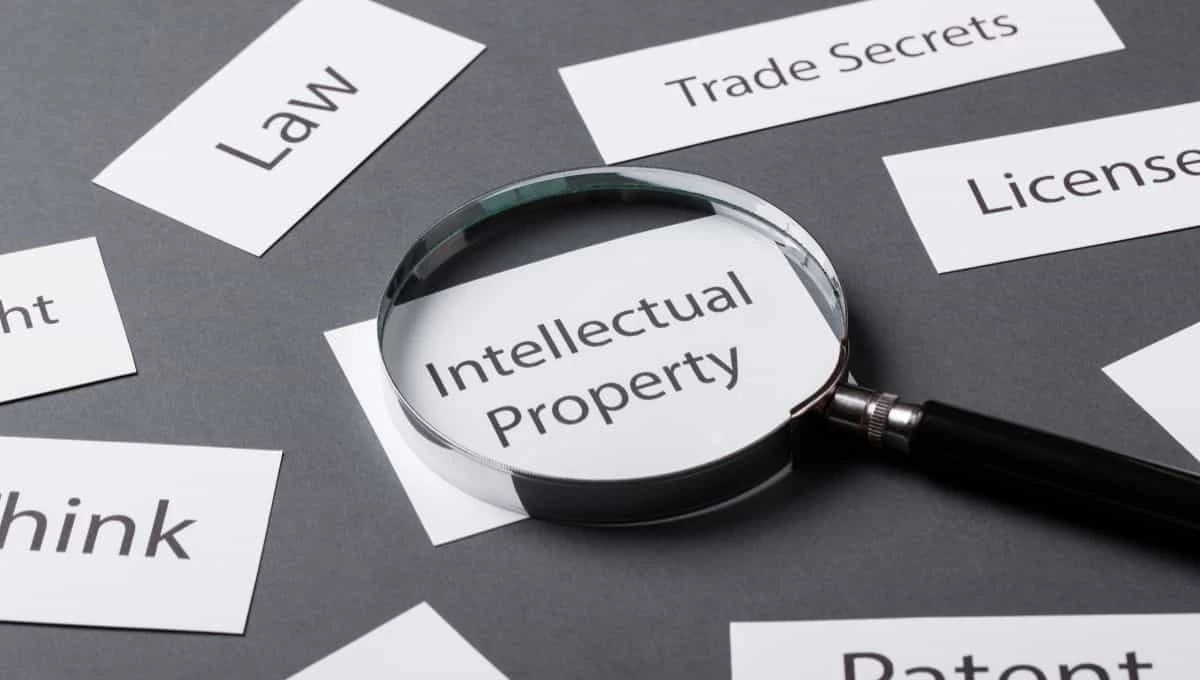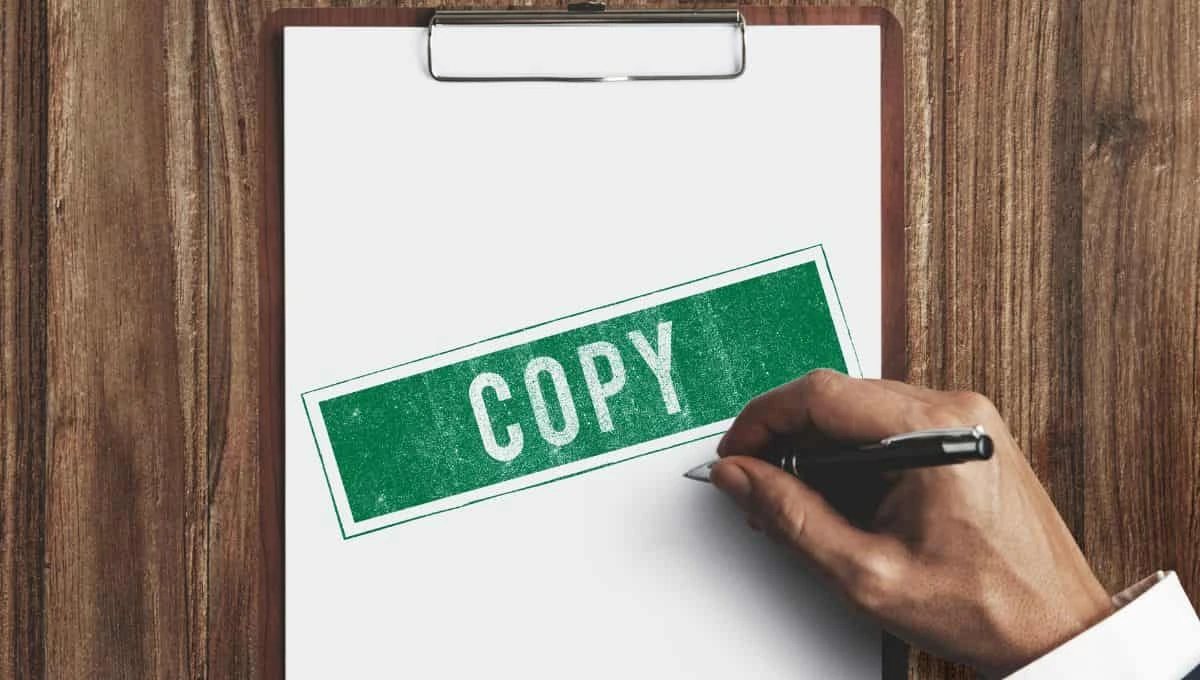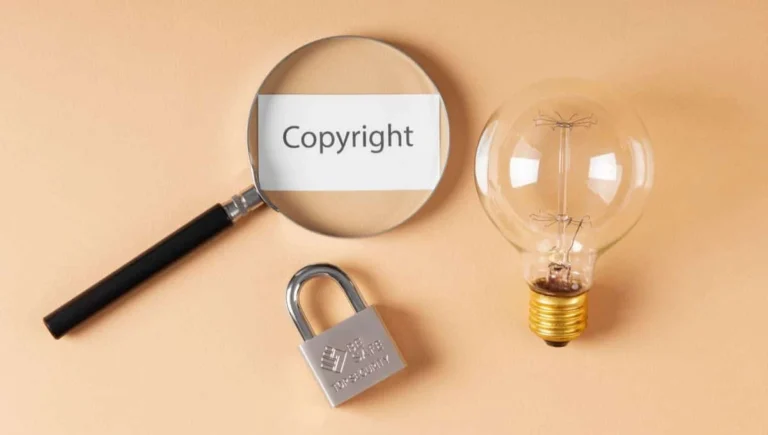Introduction
Table of Contents
Understanding Copyright Infringement
Imagine this: you’re scrolling through Facebook, and you come across a beautiful piece of artwork or an inspiring video. You love it, so you decide to share it with your friends. However, you later receive a copyright infringement notice. What happened here? This scenario is all too common and highlights the importance of understanding copyright.
Copyright is a legal right that protects creators’ original works, whether it’s music, art, videos, or even written content. It ensures that creators retain control over how their work is used or shared. Facebook, being one of the largest social media platforms, has millions of users posting content daily. While this makes it a vibrant community, it also increases the chances of copyright-related issues.
The purpose of this guide is to explain what a Facebook copyright infringement notice is, why it’s issued, and how you can respond to or prevent such situations.

Why Copyright Protection Matters
Respecting copyright is more than just a legal obligation—it’s an ethical one. When someone creates something, they invest time, effort, and often financial resources. Using or sharing their work without permission undermines that effort. Beyond ethics, failing to respect copyright can have legal consequences, including fines, account restrictions, or lawsuits.
Understanding Facebook’s Copyright Policy
What is Facebook’s Copyright Policy?
Facebook has clear guidelines to protect intellectual property and ensure a fair platform for everyone. These guidelines are part of their broader Community Standards. Facebook prohibits users from posting or sharing content that violates copyright laws. This includes using music tracks, videos, photos, or any other creative work without proper authorization.
For instance, if you upload a video with a popular song in the background, the rights holder of that song may file a complaint. Facebook, adhering to copyright laws, may take action, including removing the content or issuing a warning.
Facebook’s Role in Addressing Infringement
Facebook acts as a mediator between creators and users, helping protect intellectual property rights. The platform adheres to the Digital Millennium Copyright Act (DMCA), a U.S. law that governs online copyright. The DMCA requires platforms like Facebook to address copyright claims promptly, ensuring that creators’ rights are upheld while giving users a chance to respond to disputes.
Receiving a Copyright Infringement Notice

What is a Copyright Infringement Notice?
A copyright infringement notice is a formal message sent by Facebook to notify you that you’ve posted content that potentially violates someone’s copyright. Think of it as a “red flag” signaling that there’s an issue with the material you shared.
These notices often include:
- Details about the reported content.
- The rights holder who filed the complaint.
- Steps to resolve the issue, such as removing the content or disputing the claim.
Reasons for Receiving a Notice
Receiving a copyright infringement notice doesn’t always mean you deliberately broke the rules. Here are some common reasons:
- Unauthorized Sharing: You reposted someone else’s work without permission.
- Using Copyrighted Music or Videos: Even using a few seconds of copyrighted music in a video can trigger a notice.
- Accidental Violations: Sometimes, you might not realize that the content you shared is copyrighted.
- False Claims: In rare cases, someone might wrongly accuse you of infringement.
Steps to Take After Receiving a Notice
Immediate Actions to Consider
Getting a copyright infringement notice can be unsettling, but it’s not the end of the world. Start by reading the notice carefully. It’s essential to understand what content is in question and why the notice was issued.
Once you’ve reviewed the notice:
- Pause the Use of Disputed Content: Avoid reposting or sharing the content until the matter is resolved.
- Remove the Content: In many cases, simply deleting the content can resolve the issue.
Options for Responding
Depending on the situation, you have several ways to handle the notice:
- Remove or Edit Content: If the claim is valid, you can remove the content or replace it with your original material.
- File a Counter-Notice: If you believe the notice was sent in error, you can dispute it by filing a counter-notice. Be prepared to provide evidence supporting your claim.
- Seek Legal Advice: For complex cases, consulting a legal professional can help you navigate the situation.
It’s worth noting that Facebook allows users to appeal decisions, ensuring that both parties—content creators and users—have a chance to explain their side.
Preventing Copyright Issues on Facebook
Tips for Staying Compliant
Prevention is better than cure, especially when it comes to copyright. Here’s how you can stay compliant:
- Share Original Content: The simplest way to avoid copyright issues is to create and share your own work.
- Use Licensed or Royalty-Free Content: Platforms like Pixabay, Unsplash, or Epidemic Sound offer materials you can use without worrying about copyright claims.
- Credit Creators Properly: If you’re using someone else’s work with permission, always give credit. This shows respect for their effort and minimizes misunderstandings.
Leveraging Facebook’s Tools
Facebook offers tools like Rights Manager, which helps creators monitor and protect their content. With Rights Manager, you can:
- Track where your content is being used.
- File complaints if you find unauthorized use.
- Set rules for how others can interact with your material.
For users, Facebook provides guidelines and resources to educate about copyright compliance. Taking advantage of these tools can save you from unnecessary trouble.
Conclusion
Recap of Key Points
Copyright is a crucial aspect of content creation and sharing. Understanding Facebook’s copyright policies and your responsibilities as a user can help you navigate the platform without issues. If you receive a copyright infringement notice, don’t panic—review the claim, take appropriate action, and learn from the experience.
Final Thoughts
Social media thrives on creativity and collaboration, but it’s essential to balance this with respect for intellectual property. By staying informed and using resources wisely, you can contribute to a community that values fairness and originality.
Let’s foster a culture of creativity and respect, ensuring everyone’s work is protected and appreciated.
FAQs
How can I prevent copyright infringement?
To avoid future issues, follow these guidelines:
Use only original content you’ve created.
Obtain permission or licenses for any copyrighted material you wish to use.
Review Facebook’s Copyright Policy for further guidance.
What are the consequences of repeated copyright violations?
Facebook follows a “three strikes” policy for copyright violations. Repeated offenses may result in stricter actions, including account suspension or permanent disabling.
Can I contact the copyright owner directly to resolve the issue?
Yes, you may contact the copyright owner to seek permission or clarify the situation. If they agree to withdraw their claim, they can contact Facebook to retract the notice.
Where can I find more information about Facebook’s copyright policies?
You can visit Facebook’s Copyright Help Center for detailed information on policies, procedures, and support regarding copyright issues.
How do I file a counter-notification?
You can file a counter-notification through the link provided in the notice or by visiting Facebook’s Help Center. Ensure your counter-notice includes:
Your full name and contact information.
Details about the content in question.
A statement explaining why you believe the removal was a mistake.
What should I do if I believe the notice is incorrect?
If you believe the notice was sent in error or that you have the right to use the content (e.g., through fair use, licensing, or ownership), you can file a counter-notification with Facebook. Be prepared to provide evidence supporting your claim.


1 thought on “Facebook Copyright Infringement Notice:2024”